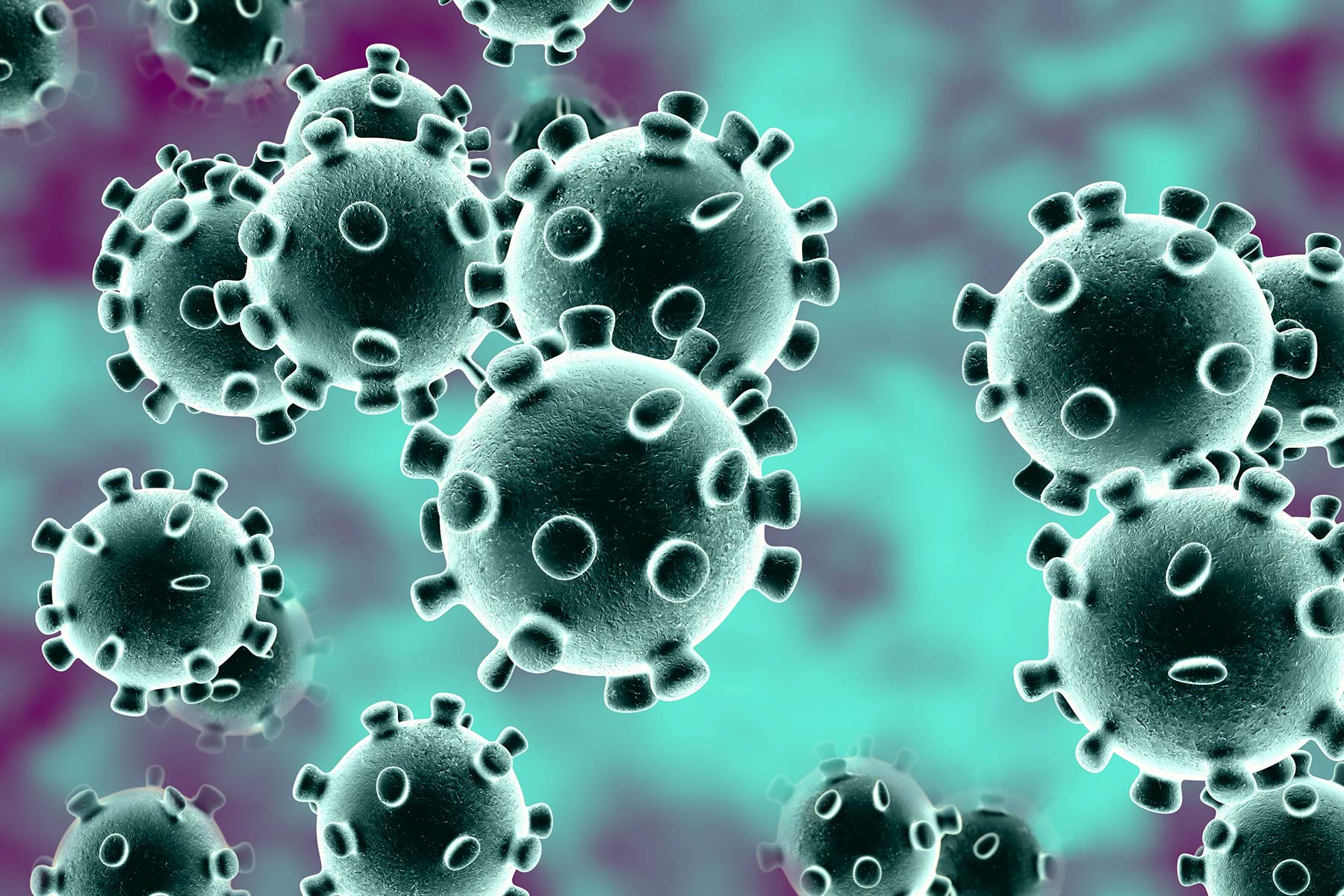Averting a second wave of COVID-19
The Secretary to the Government of the Federation and Chairman, Presidential Task Force on COVID-19 (PTF), Boss Mustapha, last week raised an alarm of a possible surge in coronavirus infections in Nigeria citing likely importation of the virus into the country. Speaking at the daily briefing of the PTF, Mustapha decried the failure of Nigerians, […]

The Secretary to the Government of the Federation and Chairman, Presidential Task Force on COVID-19 (PTF), Boss Mustapha, last week raised an alarm of a possible surge in coronavirus infections in Nigeria citing likely importation of the virus into the country.
Speaking at the daily briefing of the PTF, Mustapha decried the failure of Nigerians, who arrived from abroad, to present themselves for the in-country Polymerase Chain Reaction (PCR) test they signed up for before arrival. He said statistics from the nation’s records showed that only one out of three passengers showed up for the in-country test.
- COVID-19 vaccine 90% effective in Phase 3 trial, says Pfizer
- IHVN to participate in COVID-19 clinical trial
Mustapha had hitherto cautioned on the need to avoid complacency on account of the low number of infections published daily and the possibility of a second wave. He cited the recent governorship elections in Edo and Ondo States as well as the #EndSARS nationwide protests as possible risk factors. He said while Plateau, Rivers and Gombe have reached over 50 per cent of the testing target, 25 states are yet to reach 25 per cent of their population.
Also speaking at the briefing session, the Minister of Health, Osagie Ehanire, expressed concern over the decline in the testing rate and contact tracing in several states. He said records showed that only Lagos and the FCT had met the testing target of at least one per cent of their population. The PTF National Coordinator, Dr Sani Aliyu, revealed that whereas the first 5,000 plus passengers that came into the country had negative PCR results on arrival, 105 tested positive on day seven. This is even as airports have not fully re-opened. He anticipated that 7,000 passengers will potentially come into the country when airports fully reopen.
Aside from low-level sample collection, decline in testing rate, poor contact tracing as well as exposure to the risk of COVID-19 importation whenever the country’s airports fully re-open and the fact that many Nigerians yet remain cynical about COVID-19 pandemic is worrisome. Most people have stopped wearing nose masks and are not observing social distancing especially in public places including markets, schools and hospitals.
Already, China and parts of Europe including France and the United Kingdom, have separately announced varying periods of another lockdown.
China has temporarily suspended the issuance of entry visas for Nigerians and non-Chinese nationals in Nigeria.
Nigeria will be paying a costly price if necessary precautions that will avert another surge of coronavirus are ignored. Moreover, we are yet to fully recover from the impact of the first wave of the pandemic even though we were not as hard hit as other countries.
President Muhammadu Buhari had said Nigeria must do all it could to avoid a second wave of coronavirus infections. He said the country’s economy was too fragile to bear another round of lockdown.”
The President’s warning came after the Africa Centre for Disease Control and Prevention said the continent must brace for a second wave of COVID-19 as cases surge in Europe and some African countries. Director of the Center, John Nkengasong said, “The time to prepare for the second wave is truly now”.
For now, it would be apt to delay the full re-opening of Nigeria’s airspace. We also advise the PTF to reverse its briefing to a daily affair when the situation calls for that.
The 36 states of the federation and the FCT are implored to prudently use the N50 billion COVID-19 funds, released to them by the federal government, from which each so far received over a N1 billion, to increase their respective testing capacity and contact tracing.
Public response in the next few weeks remains critical. While we urge individuals to take responsibility and protect themselves and others against coronavirus infections by observing non-pharmaceutical measures, we encourage authorities in all public and private establishments including schools, markets, and offices to enforce a “No mask, no entry” order at their entrance points.
Averting a second wave of COVID-19 pandemic and its attendant consequences must be seen as a collective responsibility.
